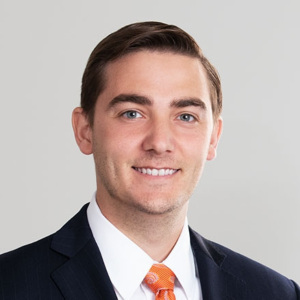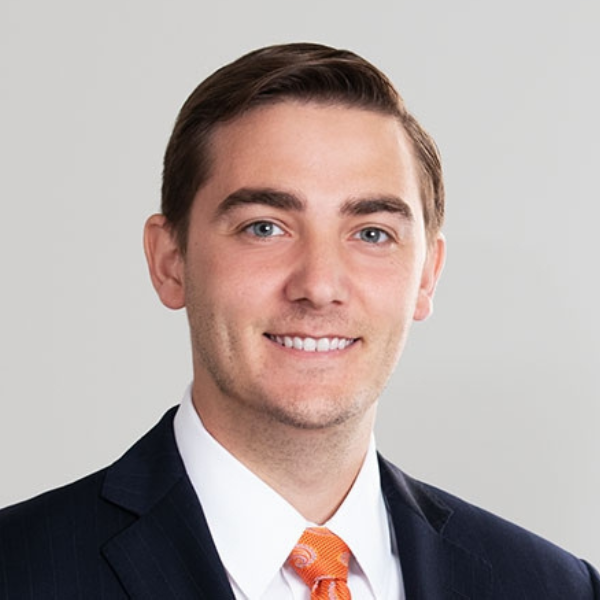
What inspired you to volunteer as a pro bono attorney with DRM?
My inspiration to volunteer goes back to when I rode my bike from Seattle to Washington, D.C. to raise money and awareness for people with disabilities. That journey, covering almost 4,300 miles in 73 days, was the best and most rewarding experience of my life. Along our route, we visited organizations that serve people with disabilities, like The Arc. I met so many incredible people. It was life-changing and motivated me to continue giving back.
Can you tell me about the case you’re working on?
I’m helping a client get the support he needs to be successful at school. I work closely with his mom and behavioral health counselor. My role involves reviewing the Individualized Education Program (IEP) and the accommodations provided by the school system. I consult with my client, his mom and his behavioral counselor about additional needs, and I attend Zoom meetings with the school.
How do you feel your work has made a difference in your client’s life?
The impact is substantial. There’s a large, often overlooked population dealing with serious issues. When a lawyer steps in, the school systems that might otherwise ignore these families start to take them seriously. My presence brings accountability. My client’s mom and counselor are already great advocates, but having a lawyer there ensures they are taken seriously. It’s not a huge time commitment for the lawyer but makes a world of difference for the families.
How has your pro bono work impacted you personally and professionally?
Personally, it’s incredibly rewarding and beneficial for my mental health. Professionally, pro bono work fulfills an ethical duty that we all have in the legal profession. Additionally, potential clients consider a lawyer’s commitment to giving back when deciding whether to work with them. It’s rewarding on all fronts.
What would you say to other attorneys considering volunteering?
I want other lawyers to know that the process isn’t as daunting as it might seem. There’s a strong support system, and even without a background in education law, you can make a significant impact. Quit thinking about pro bono and just do it. You won’t regret it.
About Tim
Tim Scott specializes in defending clients against claims arising from general liability, insurance coverage, medical malpractice, complex tort and product liability matters. Tim has experience in all aspects of litigation, from inception through resolution by settlement, dispositive motions, mediations and trial. Tim takes and defends depositions, conducts motions practice, and has obtained multiple defense verdicts in Maryland Courts.
Learn more about Tim on the Wilson Elser website (link opens to external webpage).



